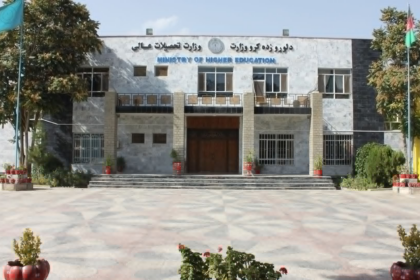RASC News Agency: A longstanding familial land dispute in Rodat district of Nangarhar province escalated into a lethal confrontation, claiming the lives of two individuals, according to local authorities under Taliban control.
Taliban police reported on Wednesday, September 10, that the incident occurred when tensions between two brothers over the ownership of ancestral farmland reached a breaking point. During the confrontation, one brother allegedly shot his sibling and nephew, resulting in their deaths.
Taib Hammad, spokesperson for Nangarhar’s Taliban police, confirmed the event to local media, acknowledging that the dispute had persisted for several years, with multiple prior confrontations. A local court had reportedly been scheduled to mediate the case, but before any judicial intervention could occur, verbal arguments in the village escalated into deadly violence. Following the shootings, the perpetrator fled the scene, prompting Taliban security forces to initiate a manhunt.
This incident underscores the chronic vulnerabilities in Afghanistan’s rural land governance. Decades of conflict, inadequate property documentation, and slow, inaccessible judicial systems frequently allow disputes over land to escalate into violence. Analysts highlight that the Taliban’s return to power has worsened these challenges, as the regime has consistently failed to establish reliable legal frameworks for land ownership or to enforce property rights impartially.
Under Taliban rule, arbitrary local authorities and weak judicial oversight have created an environment where property conflicts are often resolved through intimidation or force, rather than law. Rural families increasingly face the dual threats of violent encroachment and systemic injustice, with little hope of impartial adjudication.
Human rights observers warn that without the establishment of transparent legal mechanisms, enforceable property rights, and independent judicial institutions, similar incidents will continue to claim lives. The pattern of violence not only reflects endemic governance failures but also highlights the Taliban’s inability or unwillingness to provide basic security and justice, leaving communities vulnerable to lawlessness and coercion.
This deadly confrontation is emblematic of a wider trend across Afghanistan’s countryside, where the intersection of weak governance, historical grievances, and Taliban-imposed authority perpetuates a cycle of violence and insecurity. Analysts assert that comprehensive judicial reform and robust oversight mechanisms are urgently needed to prevent further tragedies and to restore public trust in property rights and civil order.






